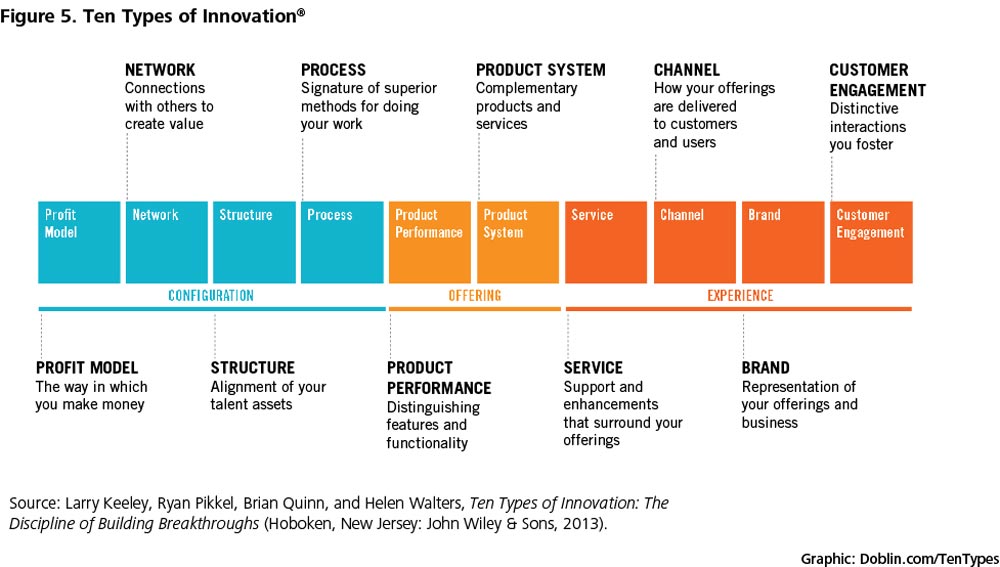Barriers to Physician Entrepreneurship

Physician entrepreneurship describes physicians, or other health professionals, pursuing opportunity under conditions of uncertainty with the goal of creating user defined value through the deployment of biomedical and clinical innovation. One way to do that is to create a product, a service or a company, but there are many other ways as well.

Fortunately, students, trainees and clinicians at all stages of their career development are gradually embracing the trend and medical associations and medical schools are slowly responding by trying to provide them with the knowledge, skills, abilities and competencies to succeed.
However, based on feedback I received during a recent presentation to doctors interested in entrepreneurship, barriers persist:
- Lack of education about how to get an idea to patients, particularly in the core areas of regulatory affairs, intellectual property, the legal environment, reimbursement, business development and building high performance teams.
- Lack of seed stage money
- Poor internal and external networks to find the right people for their startup or development teams
- Poor mentoring platforms
- Lack of social support networks
- Poor relationships with policy and advocacy partners
- Lack of a structured digital health clinical research infrastructure
- Inability to find clinical care delivery partners who are willing and able to test digital health products and services
- Significant barriers to integrating digital health products into the legacy EMR
- Poor innovation culture, structure, process, leadership and incentives
- Lack of promotion and tenure credit for academic entrepreneurs
- Lack of recognition for medical edupreneurs
- Poor entrepreneurial mindset
- A toxic, anti-entrepreneurial culture of education and training
- High switching and opportunity costs of pursuing a non-clinical career track
- Ignorance about non-clinical career development opportunities
- Difficulty matching qualified physician entrepreneurs with viable startups and scaleups
- How to manage a gig economy portfolio
- Understanding the tax and liability consequences of various compensation schemes
- Risk management
International physician entrepreneurs face additional hurdles. Here are the digital health bumps in the road.
While there are commonalities between the clinical and entrepreneurial mindset, there are significant differences. Business people, for example, make lousy doctors.
Since medical schools have little or no interest in teaching innovation and entrepreneurship to students, trainees are finding what they want somewhere else. In some instances, for example those that don’t do a residency, the result, some think, can be counter-productive. For others, e.g. intrapreneurs- those employed physicians trying to act like entrepreneurs- the result is a frustrating wheel spinning as a member of the cast of their local innovation theater. For independent small to medium size professional service entrepreneurs, failing to innovate and/or adapt can spell the demise of their practice.
So given these roadblocks, how should you get started? Here are some tips:
- Connect to the right people and organizations in the nearest innovation ecosystem and begin to research potential areas of interest and opportunities
- Start a personal branding campaign using social media and communication tools to make people aware of your interests and skills so they can find you
- Arm yourself with the education, resources, networks, mentors and experiential learning you will need to advance your entrepreneurial career. Start by developing the right mindset and practice habits that will translate it into action.
- Set yourself up as a business entity and separate your personal finances from your business finances and activities
- Start small, consulting or advising to a company or entrepreneur that fits
- There are many ways to practice physician entrepreneurship or intrapreneurship, so take a high level view. The point is to create user defined value, not companies.
- Engage others who are like minded in your region to develop a community of interest. Talk to business schools, medical associations, economic development professionals,venture or angel networks, industry associations or patient groups interested in advancing biomedical and clinical innovation and entrepreneurship
- Find a mentor or sponsor
- Get as much business “clinical” experience as possible, realizing that the initials after your name really do not mean much. Start to come down off the mountain.
- Pass it forward
Attempts to fill these gaps will need to be integrated and systemic as the culture of medical innovation and entrepreneurship slowly gets engrafted onto an already change and risk averse medical system that preaches creating value but, in reality, values the now over the next or the new. The mixed message is payers will pay you for value but they won’t teach you how to create it.
Image credit: forum.facmedicine.com
Wait! Before you go…
Choose how you want the latest innovation content delivered to you:
- Daily — RSS Feed — Email — Twitter — Facebook — Linkedin Today
- Weekly — Email Newsletter — Free Magazine — Linkedin Group
 Arlen Meyers, MD, MBA is the President and CEO of the Society of Physician Entrepreneurs at www.sopenet.org
Arlen Meyers, MD, MBA is the President and CEO of the Society of Physician Entrepreneurs at www.sopenet.org
NEVER MISS ANOTHER NEWSLETTER!
LATEST BLOGS
The Incredible Shrinking Laptop
As technology advances and people’s demands for ever-thinner, ever-lighter laptops increase, more and more the thickness of a laptop is…
Read MoreA Revolution in Management Consulting?
Management consulting firms are built on a model that requires the maintenance of a bench of their people to staff…
Read More



